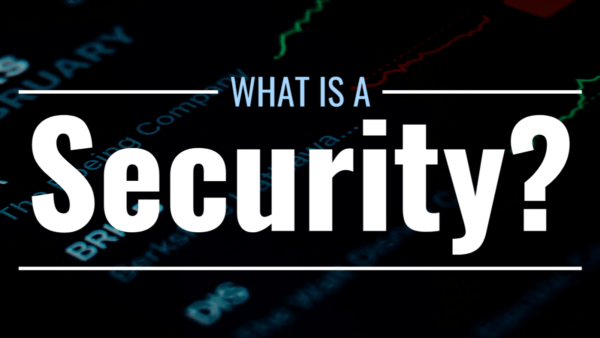Online security encompasses the practices, techniques, and technologies designed to protect data, networks, and devices from cyber threats and unauthorized access. In the digital age, ensuring the confidentiality, integrity, and availability of information has become paramount for individuals and organizations alike.
Understanding Online Security
Online security, also known as cybersecurity, involves protecting internet-connected systems including hardware, software, and data from cyberattacks. With the increasing reliance on digital platforms for communication, transaction, and storage, the scope and importance of online security have expanded significantly. It encompasses a range of measures such as encryption, firewall deployment, antivirus software, and secure socket layer (SSL) protocols.
Detailed Analysis of Key Features of Security
The key features of online security include:
- Authentication: Verifying the identity of users, devices, or entities to grant access to systems and data.
- Authorization: Determining the rights and privileges of authenticated users to access resources.
- Encryption: Transforming data into a coded format to protect its confidentiality during transmission or storage.
- Integrity Protection: Ensuring data is not tampered with or altered by unauthorized parties.
- Non-repudiation: Providing proof of the origin and integrity of data to prevent denial of involvement by the parties involved in communication.
Types of Online Security
| Type | Description |
|---|---|
| Network Security | Protects network infrastructure and data transmitted over it. |
| Application Security | Safeguards applications from threats by securing their code and data. |
| Endpoint Security | Focuses on protecting end-user devices like computers and smartphones. |
| Data Security | Involves measures to protect data integrity, confidentiality, and availability. |
| Identity Management | Ensures that only authenticated users can access resources. |
| Cloud Security | Protects data stored in cloud services against cyber threats and leaks. |
Ways to Utilize Online Security
- Personal Data Protection: Implementing strong passwords, two-factor authentication, and encryption to safeguard personal information.
- Secure Online Transactions: Using secure payment methods and SSL-encrypted websites for online shopping and banking.
- Safe Browsing: Employing VPN services, secure browsers, and avoiding suspicious links to maintain privacy and security online.
- Data Integrity Maintenance: Regularly updating software, using antivirus programs, and backing up data to protect against data loss and malware.
Challenges and Solutions in Online Security
The use of online security measures often brings about challenges such as:
- Complexity: Security systems can be complex to configure and manage.
- Performance Overhead: Some security measures can slow down system performance.
- False Positives: Security software might incorrectly flag legitimate activities as threats.
Solutions include:
- Simplified Security Management Tools: Using user-friendly security management interfaces.
- Balancing Security and Performance: Optimizing security configurations to minimize impact on performance.
- Continuous Updating of Security Algorithms: To reduce false positives and adapt to new threats.
Main Characteristics and Comparisons
| Feature | Online Security | Physical Security |
|---|---|---|
| Focus | Digital assets | Physical assets |
| Threats | Cyberattacks, malware, data breaches | Theft, vandalism, natural disasters |
| Protection Methods | Encryption, firewalls, antivirus | Locks, surveillance cameras, guards |
| Implementation Level | Software-based | Physical measures |
Future Perspectives and Technologies
The future of online security is likely to be shaped by advancements such as:
- Artificial Intelligence and Machine Learning: For predictive threat analysis and automated security responses.
- Blockchain Technology: For secure, decentralized data storage and integrity verification.
- Quantum Cryptography: Offering potentially unbreakable encryption methods due to the principles of quantum mechanics.
VPN and Its Role in Enhancing Security
Virtual Private Networks (VPNs) play a crucial role in online security by:
- Encrypting Internet Traffic: Making it difficult for hackers to intercept and read data.
- Masking IP Addresses: Helping protect users’ identities and locations.
- Bypassing Geo-restrictions: Enabling access to content and services without exposure to regional surveillance and censorship.
Further Resources
For those interested in delving deeper into the world of online security, the following resources can be invaluable:
- Cybersecurity & Infrastructure Security Agency (CISA): Provides comprehensive information on current cybersecurity threats and protections.
- Electronic Frontier Foundation (EFF): Offers guidance on digital privacy, including the use of VPNs.
- National Institute of Standards and Technology (NIST): Publishes detailed cybersecurity frameworks and standards.
This overview of online security, its challenges, solutions, and future directions highlights the importance of adopting comprehensive security measures. VPN services, such as those provided by


